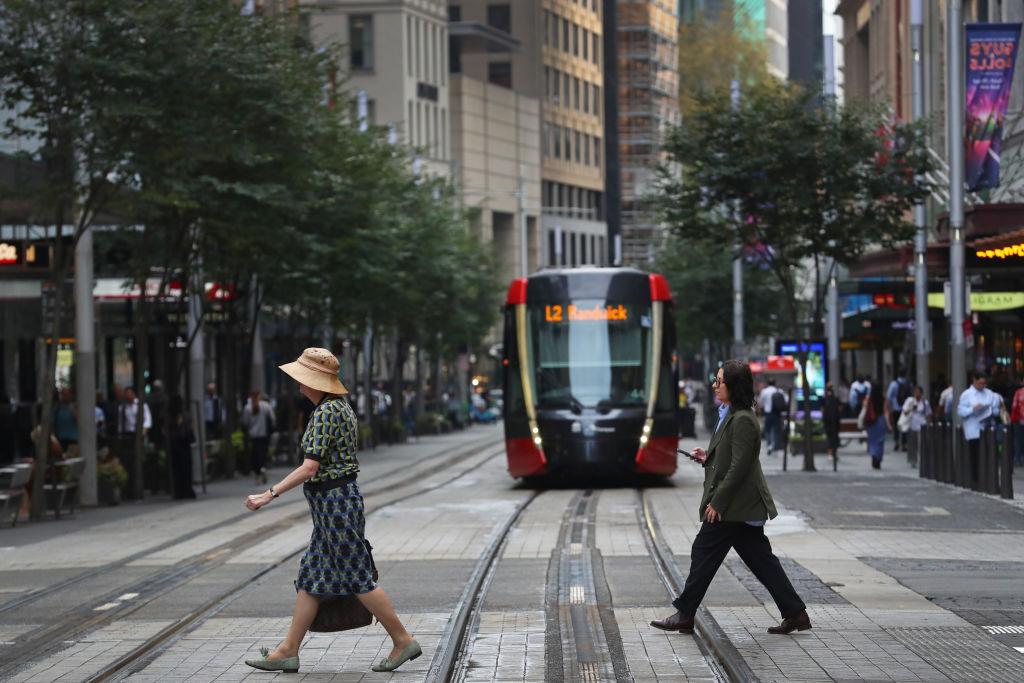The Albanese government is increasing the international student visa fees from $710 to $1,600 (US$1,067) starting July 1, 2024.
Australia now has the highest visa fees globally, more than double those of comparable nations such as New Zealand ($344), the United States ($283), and Canada ($168).




